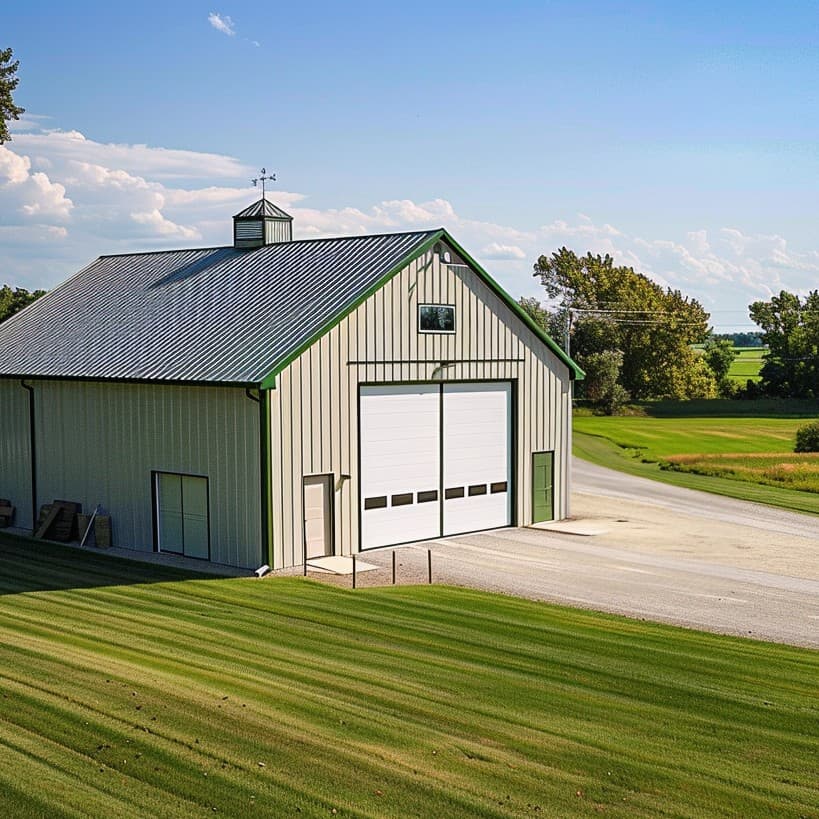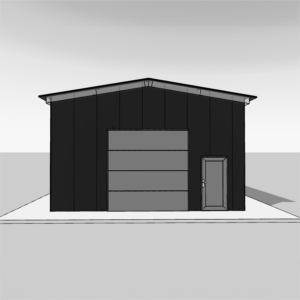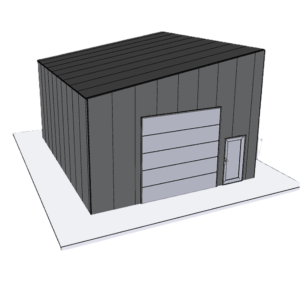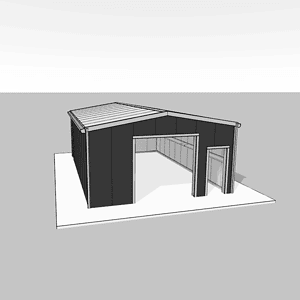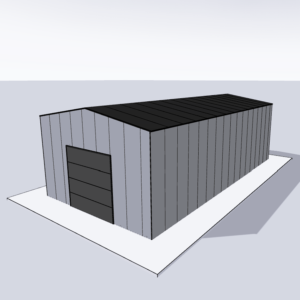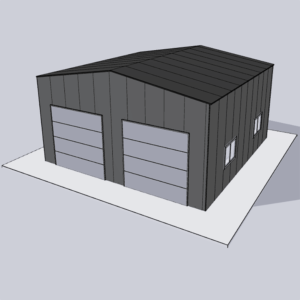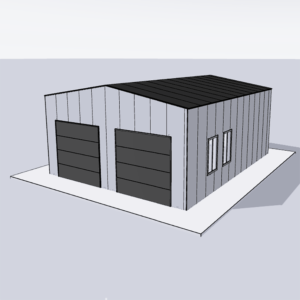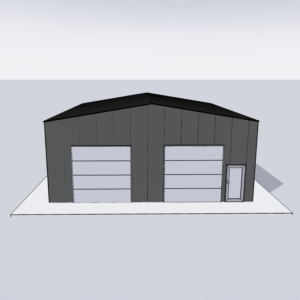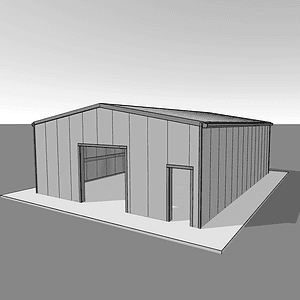Introduction
Are you considering whether to insulate your metal building, but aren’t sure about the average cost? Perhaps you’re wondering: “How much does it cost to insulate a metal building?” If that’s the case, this article is perfect for you. We will delve into the intricacies of insulation for metal buildings and break down the cost considerations for doing so in 2024.
Why Insulate a Metal Building?
Insulating a metal building increases its energy efficiency, regulates temperature, enhances acoustics and reduces condensation. Commercial and residential owners alike opt for insulation to uphold the quality of the interiors and ensure comfortable living or working conditions. However, the cost of insulation can vary quite significantly based on several factors.
Factors that Influence the Cost
The cost of insulating a metal building primarily depends on the insulation type, the building size, local labor rates and the complexity of the insulation installation. Additionally, steel building prices can impact the cost, as well as price fluctuations in the insulation materials market.
In the Light of Steel Prices
Relating the cost of insulating a metal building to the overall cost of erecting one, it’s crucial to consider international steel prices. These prices affect the cost of steel building kits, which involves the price of insulation amongst other factors. As the market progresses towards 2024, the cost of steel and hence the cost of insulation might undergo changes based on global economic factors, supply-chain disruptions, and local economic conditions.
Estimated Cost to Insulate a Metal Building in 2024
Before we discuss specific cost estimations, it’s important to understand that these are rough estimates. Accurate costs can only be determined by getting a quote from a reputable insulation provider or a steel building kit supplier as per your customized requirements.
On average, in 2024, the cost to insulate a metal building could range from $1 to $3 per square foot for the most common types of insulation used, such as fiberglass, spray foam, and rigid board.
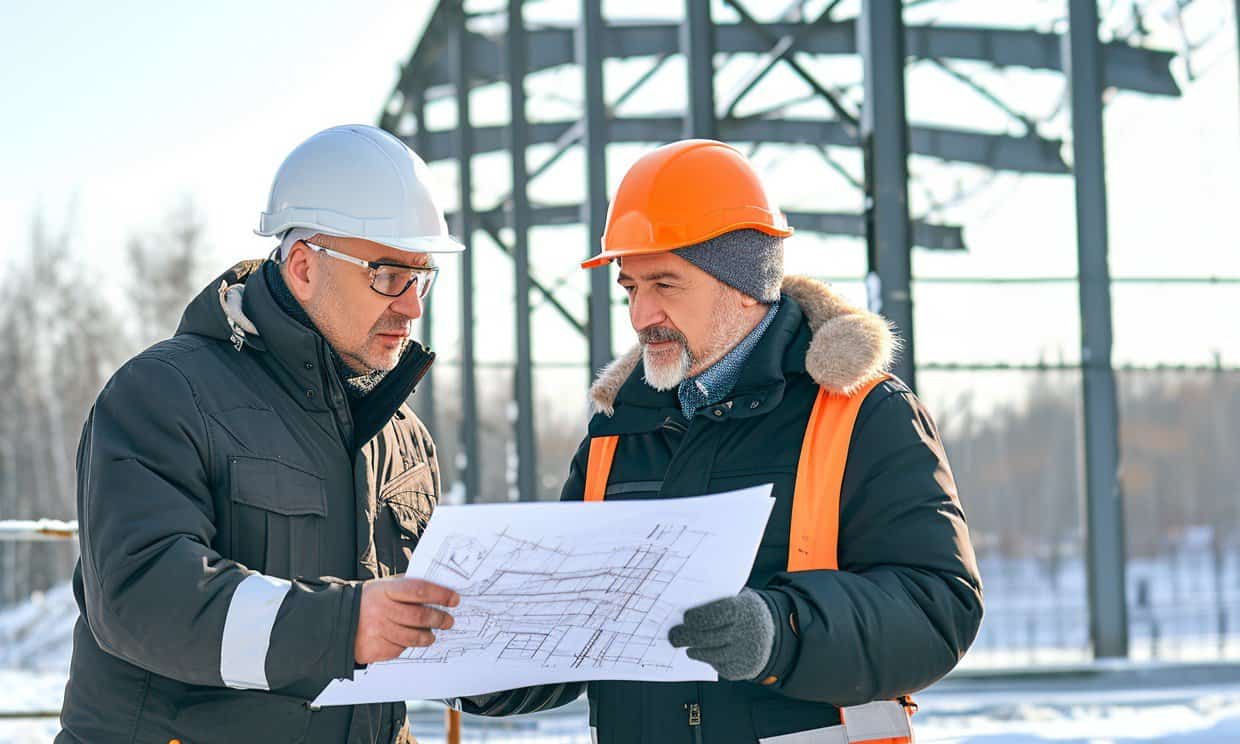
If you decide to use higher-grade material or need to insulate a larger area, your costs may increase. Similarly, if you are installing insulation in a building in a region with extreme weather conditions, you might want to consider high-grade insulations like Spray Polyurethane Foam (SPF), which can cost between $2 and $7 per square foot.
Remember, these are estimated costs and the prices may fluctuate based on the materials’ supply and demand in the market.
The Cost of Not Insulating a Metal Building
While the initial steel building prices, which include the cost of insulation, may seem significant, the long-term cost savings provided by a well-insulated building cannot be ignored.
Insulation effectively reduces the cost of heating and cooling by up to 50%. Furthermore, insulation protects your metal building from condensation, which can lead to rusting and corrosion, helping you avoid expensive long-term maintenance and repair costs.
Conclusion
So, how much does it cost to insulate a metal building in 2024? The cost varies depending on several factors, including the type of insulation, the size of the building, and current market conditions, including steel prices.
While insulation may feel like an added cost, the benefits it brings about in terms of energy efficiency, comfort, durability, and long-term savings are well worth the investment. So it’s essential to see insulation as an investment rather than an expense.
Still have questions? Start exploring your options for insulation for your metal building today. Reach out to pros in the field, and don’t let initial costs deter you from making a valuable investment in your metal building’s longevity and energy efficiency.
Finally, remember that every building is unique. It’s crucial to choose the right insulation for your specific needs to ensure you’re getting the most bang for your buck. By doing so, you can keep your building comfortable, enhance its lifespan, and of course, save on energy expenses in the long run.

